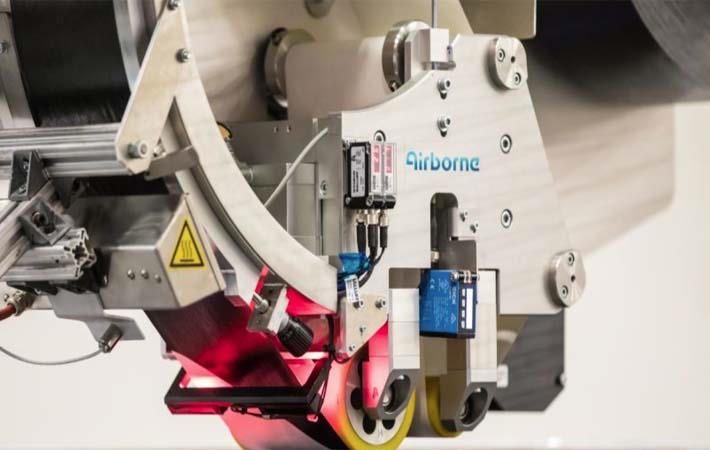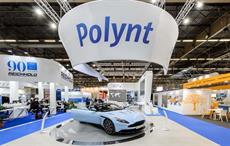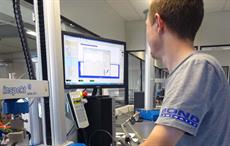The National Composites Centre (NCC), UK, which focuses on accelerating the adoption of high-value, sustainable engineering solutions in composites to stimulate growth and enhance capability for the benefit of the UK, and Airborne UK have joined hands for creating a system to collect and store data from an Automated Fibre Placement (AFP) machine.
Airborne UK and the NCC are defining use cases by considering source and type of data from sensors. The challenge is to develop a data warehouse capable of providing insights through analytics to allow future optimisation. These first steps are the basis to connect automation with digitalisation and enable Industry 4.0 capability. The project has already started and is planned to be complete by November 2019.The National Composites Centre (NCC), UK, which focuses on accelerating the adoption of high-value, sustainable engineering solutions in composites to stimulate growth and enhance capability for the benefit of the UK, and Airborne UK have joined hands for creating a system to collect and store data from an Automated Fibre Placement (AFP) machine.#
The AFP machine at the NCC was acquired as part of the iCap programme. iCAP is a £ 36.7 million investment in 10 digital manufacturing technologies tailor-made to the NCC’s specifications, in order to speed the development of all forms of composite manufacturing.
Joe Summers, managing director at Airborne UK, said: “The NCC and Airborne share a vision to make composites easier to use and more affordable. We are delighted to be working on this programme to allow new insights into AFP processing.”
Marc Funnell, head of digital at the NCC, said: “Being able to network equipment and effectively store manufacturing process data is an important step forward for the composites industry to be smart and connected. As a world-leading composite research facility the NCC acts a ‘demonstrator’ for industry. This partnership with Airborne will enable the NCC to build upon its work in applying modelling and data science techniques to derive more comprehensive understanding of composite processes, ultimately demonstrating the potential of digitally enabled manufacturing to produce parts more efficiently whilst maintaining the highest level of quality.”
Fibre2Fashion News Desk (SV)


